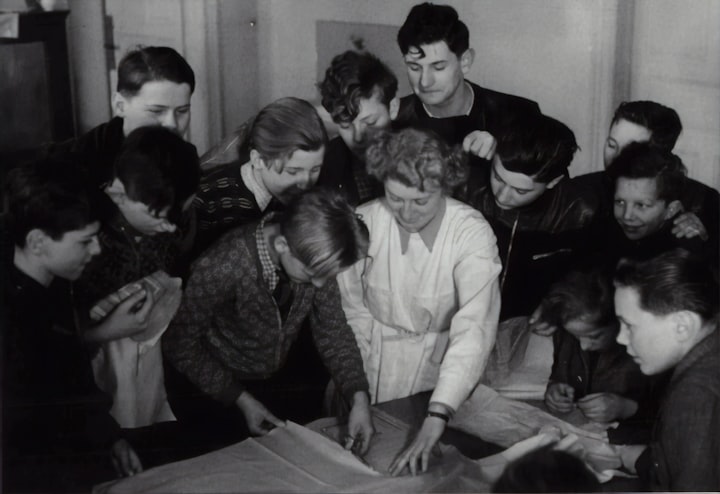International labour organization
Labor Organization

Because of its principles and agreements, the ILO plays an important role in international labor law. The ILO has three structures that include governments, employers, and workers. The three main structures of the organization are the International Labor Conference, the governing body, and the International Labor Office.
The first is the adoption of international labor standards, called treaties, which are recommendations for the use of member states. These conferences contain guidelines on child labor, employee protection, working hours, leave and holidays, paid work, assessment, job training and leadership, social security for employees, housing, working conditions, maritime employment, and protection of immigrant workers. The International Labor Conference convenes annually to form conferences, and the governing body meets three times a year to act as the executive council, to decide ILO policies and budgets, and the Permanent Secretariat oversees the organization and implements activities.
The International Labor Organization (ILO) is a United Nations organization that is responsible for promoting social and economic justice and for establishing international labor standards. It is a specialized agency of the United Nations, with 187 member nations, which writes and monitors compliance with international humanitarian standards set at various meetings held under its jurisdiction. The ILO is headquartered in Geneva, Switzerland, with 40 branches worldwide, employing 3,381 people in 107 countries, and 1,698 are working in technology projects and operations.
The International Labor Organization (ILO) is a United Nations (UN) specialized organization dedicated to improving working conditions and living standards around the world. It focuses on promoting the right to work, promoting decent work opportunities, improving social protection, and strengthening dialogue on labor-related issues. International ILO Labor Standards aim to ensure that working conditions are accessible, productive, and sustainable with freedom, equality, security, and dignity.
The International Labor Organization (ILO) was established in 1919 by the Treaty of Versailles as a joint United Nations organization and became the first specialized organization in cooperation with the United Nations (UN) in 1946. In recognition of its activities, the ILO was awarded in 1969 the Nobel Peace Prize. The International Labor Organization was established in 1919 as part of the 13th Versaille Peace Treaty, which ended World War I.
The International Labor Organization (ILO), based in Geneva, became the first UN specialized agency. The ILO emerged from the "19th-century labor and social movement that culminated in the widespread demand for social justice and a high standard of living for the world's working people.
The International Labor Organization (ILO) is committed to promoting opportunities for women and men to maintain productive work under freedom, equality, security, and human dignity. Through conventions and agreements, the ILO makes an important contribution to international labor law. The International Labor Organization (ILO) was established in 1919 as the League of Nations and in 1946 became a special UN agency. The governing body is the executive council of the ILO. The International Labor Office, Permanent Secretariat that oversees organizational implementation and headed by Guy Ryder, director-general of the United Kingdom, is elected by the Executive Board and is a member of the Executive Board that decides policy and agency budgets (since 2012).
In addition, the ILO encourages public discussions in the water sector to give water workers a voice in water supply management. The ILO was established in 1919 as part of the Treaty of Versailles that ended World War I and ensured that world peace and lasting peace could be achieved only based on social justice. In 1969 it was awarded the Nobel Peace Prize for promoting brotherhood and international peace, for honorable work and justice for workers, and for providing technical assistance to other developing countries.
He welcomed the decision on the state of unions in Fiji when the Director-General instructed him to take steps to promote freedom of association and protect the rights of Fijian people and workers, and reported on steps taken in connection with this development at its March 2013 meeting. For Youth and Employment Standards Committee on Standards. Employers and staff members of the committee did not agree on a list of 25 countries, but the case was reviewed and the committee was forced to complete its work.
Postponed, the Standing Application Committee recommended that a conference be convened on the issue, creating disagreements between the ILO and the governing body in the hope of finding a solution that would allow the Committee to continue its normal work in 2013. Freedom Committee The Association published a report that did not make any recommendations and said it had ruled that there was no violation of the law.
About the Creator
Sita Dahal
Hello, I am Sita Dahal, I am an artist and love roaming around the globe.





Comments
There are no comments for this story
Be the first to respond and start the conversation.